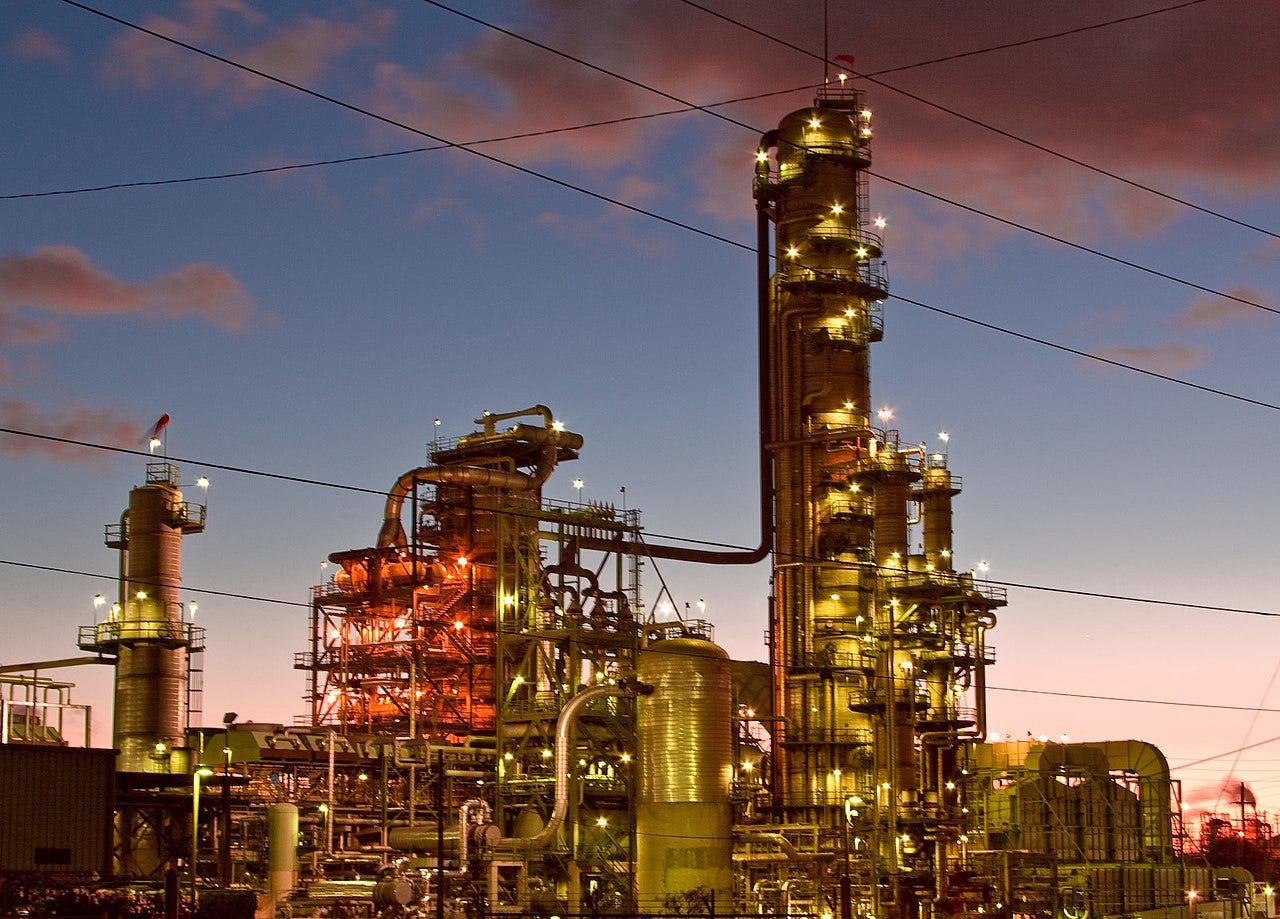The Disarming Honesty of Big Oil
Commentary: Peter Bale looks at how really Big Oil treats ambitions to cut carbon emissions.

By Peter Bale
(About the author: Peter Bale is a London-based journalist currently working under coronavirus lockdown in his native New Zealand. He’s worked for Reuters, the Financial Times, The Times, CNN, Microsoft and the Center for Public Integrity, among others.)
AUCKLAND, NEW ZEALAND (Callaway Climate Insights) — One thing that Exxon, Chevron and Saudi Arabia can be relied upon for is to remain true to type and tradition and cut through any bull about what they care about: oil and the easy money to be made from oil without consequence.
In what isn’t a bad test run for the theory that the world might change, and capitalism become more caring after we recover from the Covid-19 crisis, it’s educational to look at how really Big Oil treats ambitions to cut carbon emissions.
BP showed it may be big — but not really Big Oil — with its declaration last month (Financial Times) that it would aim to cut its carbon emissions to net zero by 2050 or sooner. It was a kind of statement of intent by newly-appointed Chief Executive Bernard Looney. Not about dividends, buybacks or greater exploration — but about environmentalism.
“The world’s carbon budget is finite and running out fast,” said Looney. “We need a rapid transition to net zero.”
But how real is that promise or those of other oil companies to do the same, let alone entire countries? After all, British Prime Minister Boris Johnson — not exactly famous for sticking to his word — loftily promised the United Kingdom would achieve net zero by 2050. In New Zealand, the goal has been put into legislation making expansion of its fossil fuel industry virtually illegal and winning the praise of environmental activists.
Exxon (XOM) and Chevron (CVX) were refreshingly honest in their assessments of their smaller, greener competitors.
Exxon Chief Executive Darren Woods said he’d avoid a “beauty match, a beauty competition” with BP and other oil companies. As so often with the oil majors, he suggested advances would come from emerging technologies.
He also took a swipe at the methods rivals used to reduce their own carbon loads: “We think about this on a global scale. Individual companies hitting targets and then selling assets to another company so that their portfolio has a different carbon intensity has not solved the problem for the world. It hasn’t made a dent in it. And in some cases, if you’re moving to a less effective operator, you’ve actually made the problem worse.”
Chevron suggests BP and other attempts are pie in the sky.
“Certainly the European companies have made longer-term aspirational commitments,” Chevron Chief Executive Michael Wirth said in March as he launched an $80 billion share buyback. He said Chevron preferred to look at environmental impact through efficiency — measuring reduced emissions per unit of oil and gas production — or emissions intensity. Steps might include cutting flaring on wells and refineries.
Here’s how Chevron explains that concept on its website: “We are committed to managing our greenhouse gas emissions by lowering the company’s carbon intensity at the lowest cost, increasing our use of renewable energy to support our business and investing in the future, targeting breakthrough technologies.”
The BP (BP) promise commits the company to achieve net-zero emissions across its own operations, and BP fuels burnt by its customers. On its website, BP says it’s “re-imagining energy” and explains its net zero promise.
The cynical with long memories may remember a previous BP chief executive re-branding the former British Petroleum as “Beyond Petroleum” — changing its logo to a sunflower — and pledging investment in solar and energy innovation while all the time working around the world as a brave player in oil extraction.
And what of Saudi Arabia in all this? Well, its decision to dramatically increase production just as the world hits the coronavirus crisis and global economic activity grinds to a halt may have put Russia in its place, but it’s also put U.S. fracking-driven operators at risk. Riyadh is playing cynical hardball but there has to be doubt how hard it can play against Washington.
